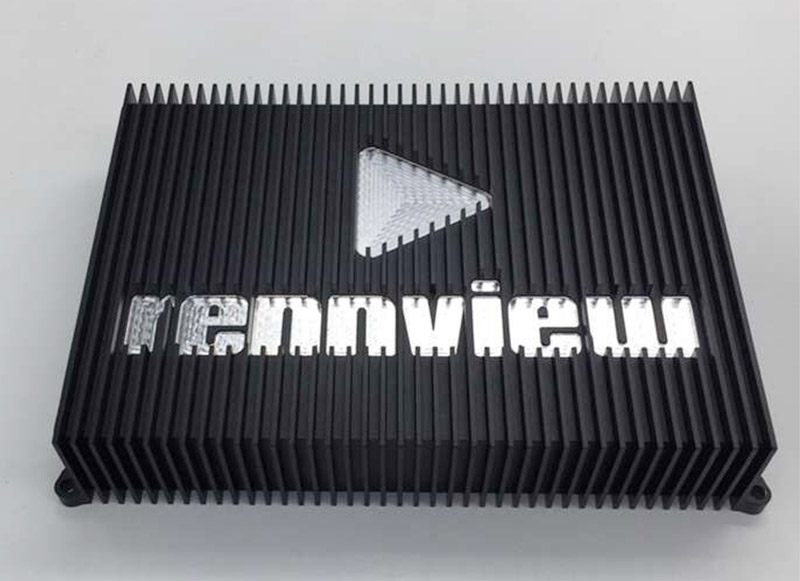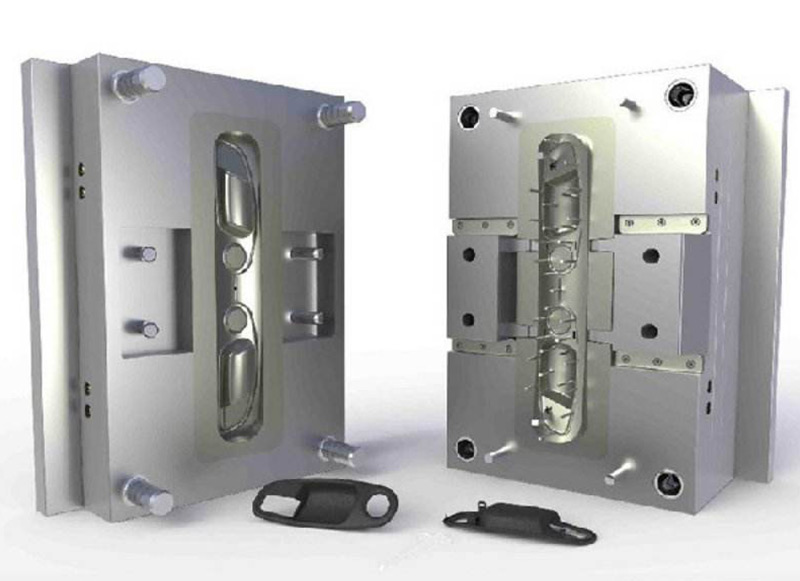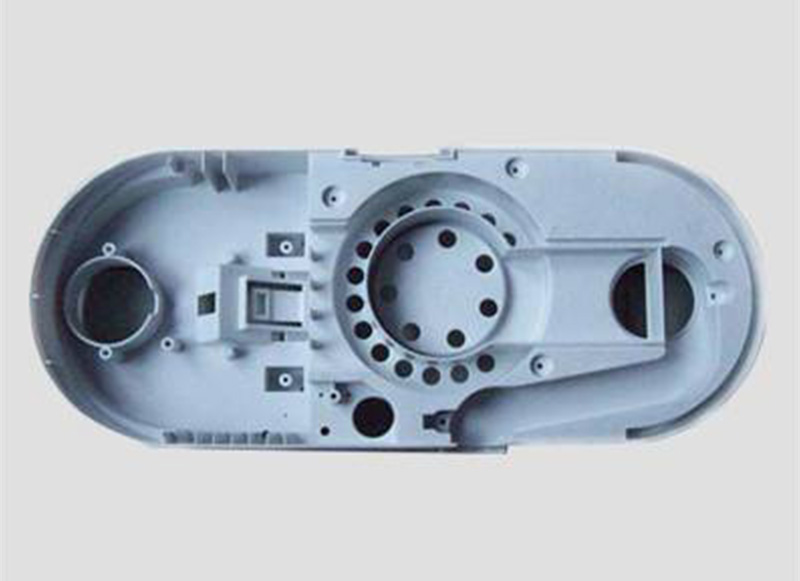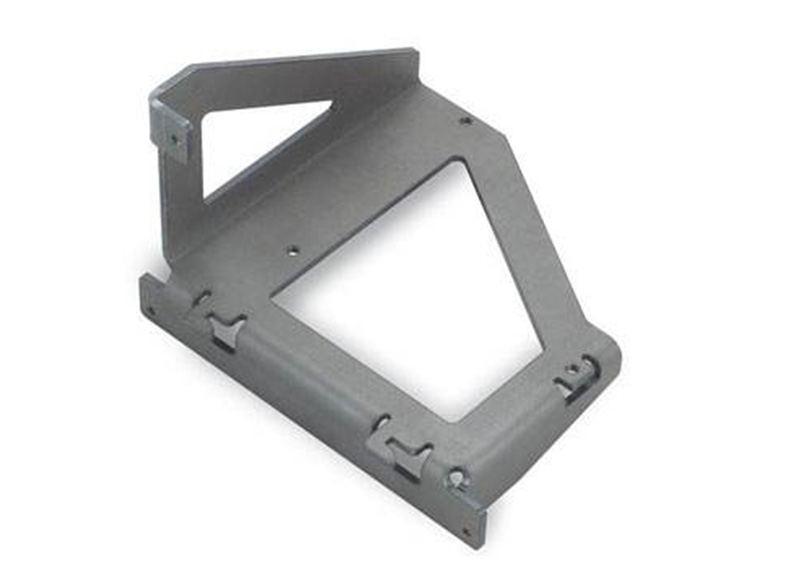 Jul. 05, 2023
Jul. 05, 2023
CNC milling, or Computer Numerical Control milling, is a machining process that utilizes computerized controls to remove material from a workpiece. CNC milling parts offer numerous advantages in precision engineering industries. They provide high precision, repeatability, and efficiency, making them a preferred choice for manufacturing complex and precise components. In this article, XuFeng will explore the advantages of using CNC milling parts in precision engineering industries.

Hot Tags: About XuFeng ,More products
High Precision:
CNC milling machines are capable of achieving high levels of precision and accuracy. The computer-controlled cutting tools and advanced software allow for precise control of the milling process, resulting in parts with tight tolerances. This precision is crucial in industries such as aerospace, automotive, medical, and electronics, where the quality and performance of components are critical.
Complex Geometries:
CNC milling machines can produce parts with complex geometries and intricate designs. The ability to program multiple axes of motion enables the creation of intricate features, cavities, undercuts, and fine details. This flexibility allows for the production of highly customized and specialized components, including prototypes and one-off parts.
Wide Range of Materials:
CNC milling can be performed on a variety of materials, including metals (aluminum, steel, titanium, etc.), plastics, composites, and even certain types of ceramics. This versatility makes CNC milling suitable for various industries and applications, as different materials have unique properties and requirements.

Repeatability and Consistency:
CNC milling machines ensure high repeatability and consistency in part production. Once a program is created and optimized, it can be easily replicated, resulting in identical parts with minimal variation. This capability is vital in industries that require large-scale production and uniformity of components.
Efficiency and Time Savings:
CNC milling offers significant efficiency and time savings compared to conventional machining methods. Once the program is set up, the machine can operate autonomously, allowing operators to focus on other tasks. Additionally, CNC milling machines can perform multiple operations simultaneously or sequentially, reducing production time and increasing overall productivity.
Automation and Reduced Human Error:
CNC milling machines automate the manufacturing process, minimizing human error and increasing overall accuracy. With computerized controls, the risk of human-induced mistakes, such as manual measurement errors or inconsistent machining, is significantly reduced. This automation also improves workplace safety by minimizing direct operator interaction with the cutting tools.

Design Flexibility and Iterative Prototyping:
CNC milling enables design flexibility and iterative prototyping. The ability to easily modify and update the milling program allows for rapid design iterations, facilitating the development of prototypes and proof-of-concept parts. This flexibility is particularly valuable in industries that require frequent design changes or customization.
Cost-Effectiveness:
While CNC milling machines may have a higher initial investment cost, they offer long-term cost savings. The automation, precision, and efficiency of CNC milling reduce material waste, minimize rework, and optimize production time. Additionally, CNC milling eliminates the need for multiple specialized machines, reducing equipment and maintenance costs.
Integration with CAD/CAM Software:
CNC milling seamlessly integrates with computer-aided design (CAD) and computer-aided manufacturing (CAM) software. This integration allows for precise programming, simulation, and visualization of the machining process. CAD/CAM software provides advanced tools for modeling, optimizing toolpaths, and simulating machining operations, enhancing the efficiency and accuracy of CNC milling.
Scalability:
CNC milling is scalable, accommodating both small-scale production runs and large-scale manufacturing. Once the initial setup is complete, the production process can be easily scaled up or down as needed. This scalability is beneficial for industries with varying production demands and allows for flexibility in meeting changing market requirements.
The precision engineering industry has many advantages to using CNC milled parts. First of all, CNC milling can achieve high-precision machining, ensuring the accuracy of the size and geometry of the parts. Secondly, CNC milling has a high degree of automation and programmability, which can realize mass production and repeated processing, and improve production efficiency. In addition, CNC milling can also realize the processing of complex shapes, including curves, curved surfaces, holes, etc., to meet the processing needs of various complex parts. In addition, CNC milling also has good processing stability and reliability, reducing the impact of human factors on processing quality. All in all, CNC milling parts have the advantages of high precision, high efficiency, flexibility and stability in the precision engineering industry, which can meet the needs of complex parts processing and improve production efficiency and product quality.
